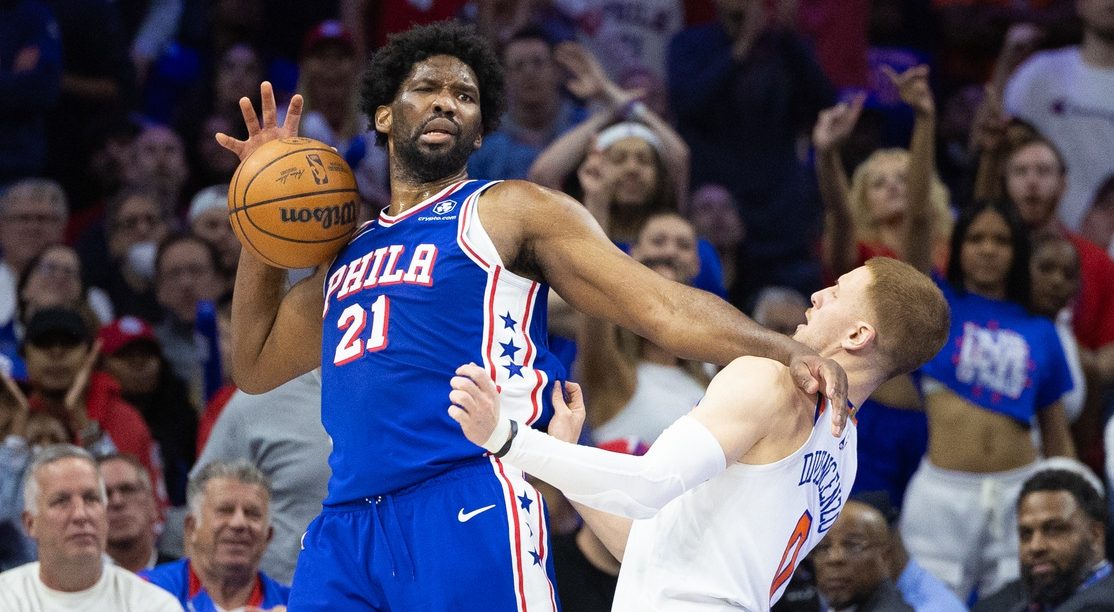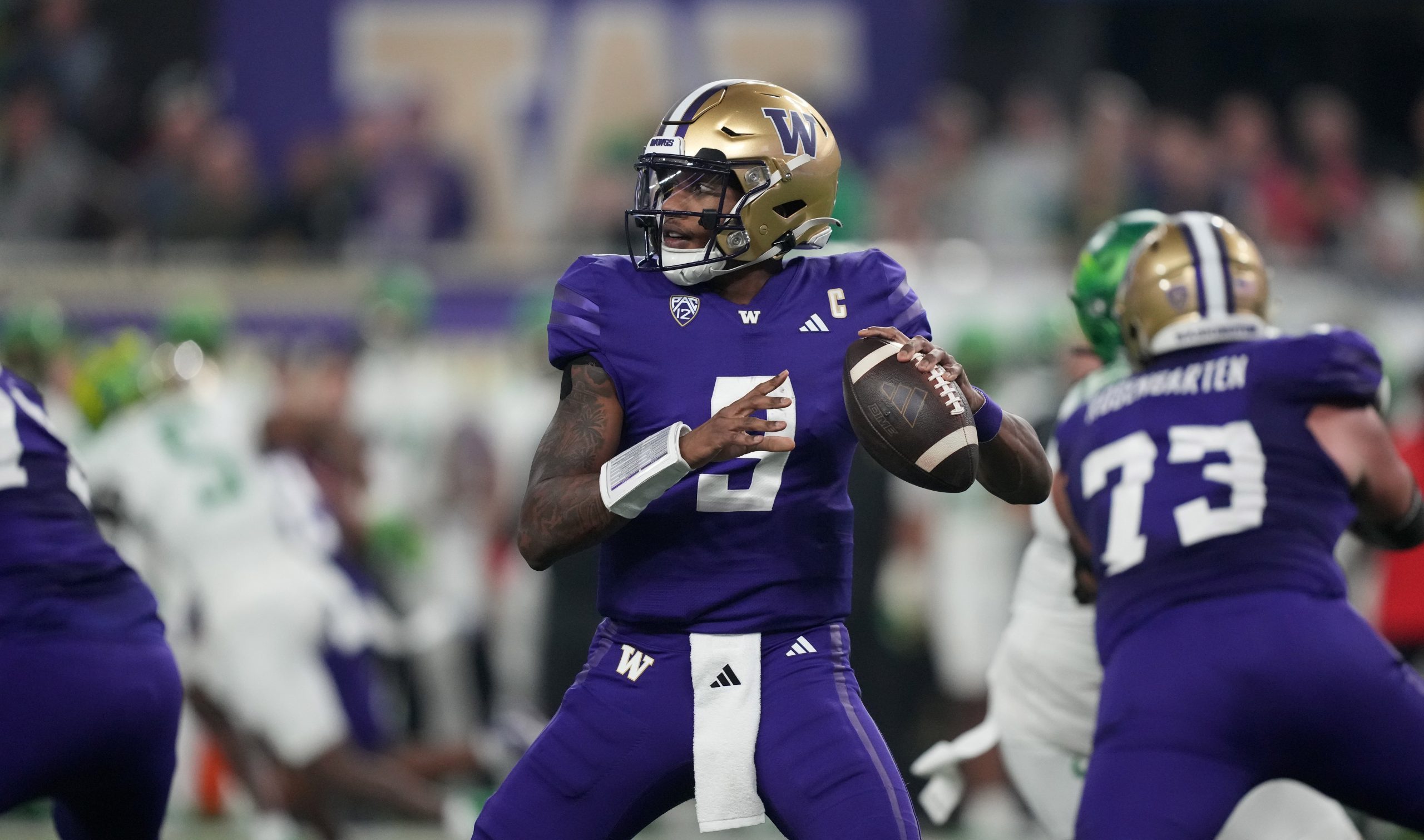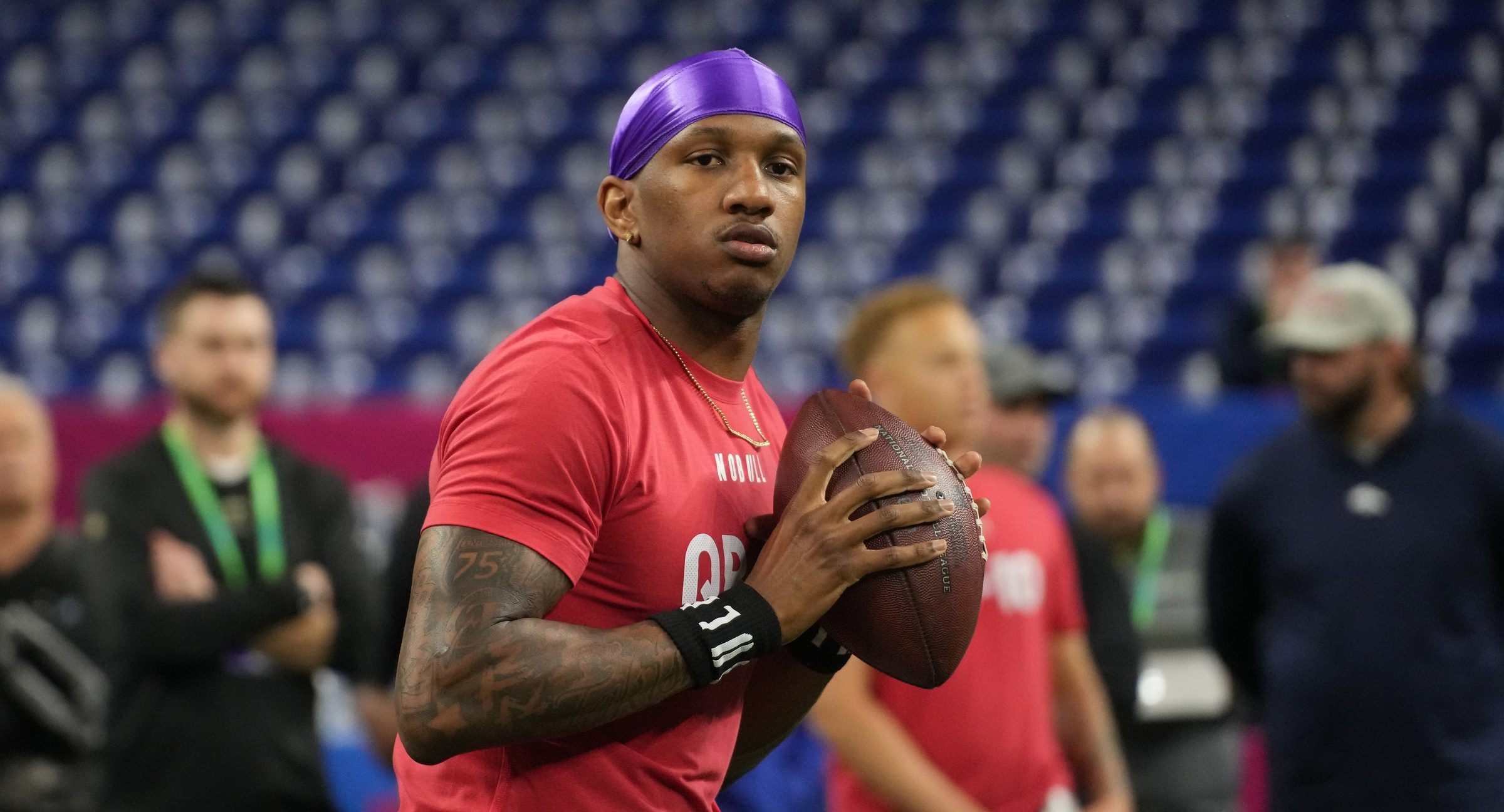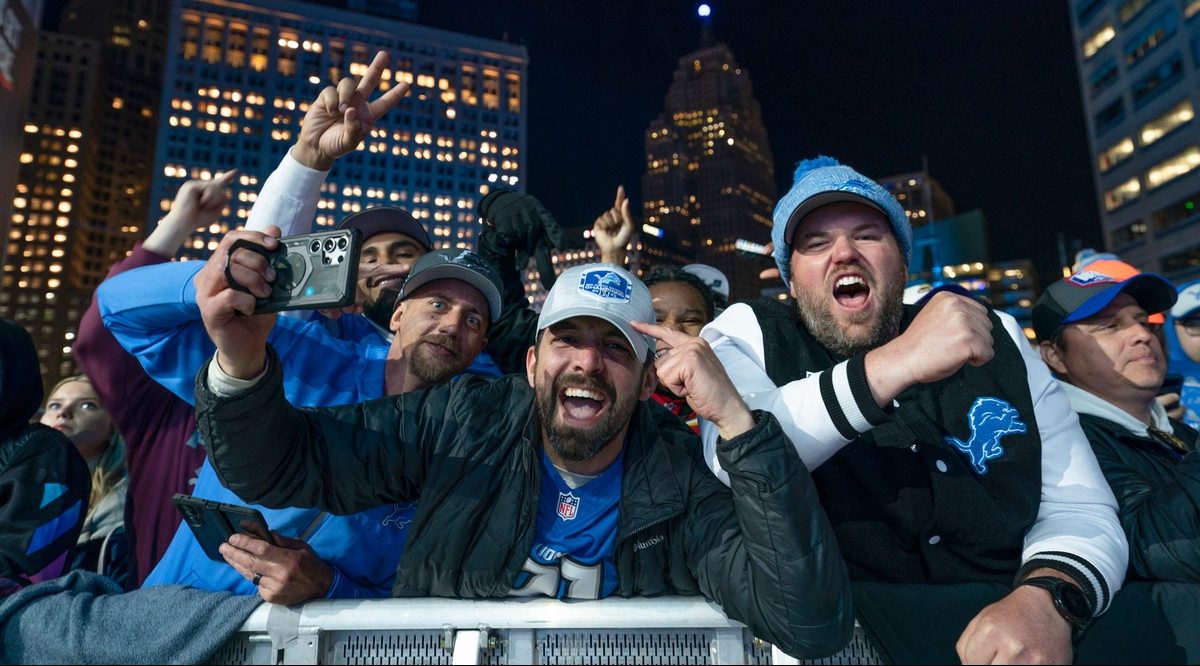You and your friends may think that certain referees have it out for your team. It is mostly water cooler talk and has never had any evidence to back it up. It now looks like you may have some hardcore evidence to back up your claims.
Unlike many other sports, college football’s referees are picked and molded within the conference. They see a lot of the same people, over and over again. If they make the wrong decision, it could adversely be effecting their employers’ bottom line with a bad call.
Rhett Brymer is a business management professor at Miami (OH) University and he spent more than a year parsing almost 39,000 fouls from the 2012-2015 seasons. In an exclusive with Bloomberg.com, he found “ample evidence of biases among conference officials,” including “conference officials showing partiality towards teams with the highest potential to generate revenue for their conference.”
This shouldn’t be surprising to most fans, when Michigan and Indiana are facing off on the field, the bias would be much more inherent than previously realized.
In the research compiled by Brymer, it offers no evidence stating that certain referees made decisions to purely skew the outcome of the game, it also states that it doesn’t believe the conference has any influence on these officials, just a confirmation bias that may be seeping into their calls.
Brymer’s study also brought up an interesting idea about “protected flagships.” These are the teams that have strong winning traditions and good playoff hopes would be 10% less likely to get a “discretionary” flag thrown against them. Think of teams like Ohio State and Michigan, against a team like Purdue. Those discretionary calls are penalties like, pass interference, holding and unsportsmanlike conduct.
Brymer believes that college football referees should be evaluated under an advisory board, making these types of incestuous situations less likely.
It would take some changes to make this perception die out, retired Big Ten ref and current ESPN analyst Bill LeMonnier spoke with Bloomberg.com and said, “If that eliminates the perception, it’s worth doing.” If people in the know are in support of it, what is holding them back?







